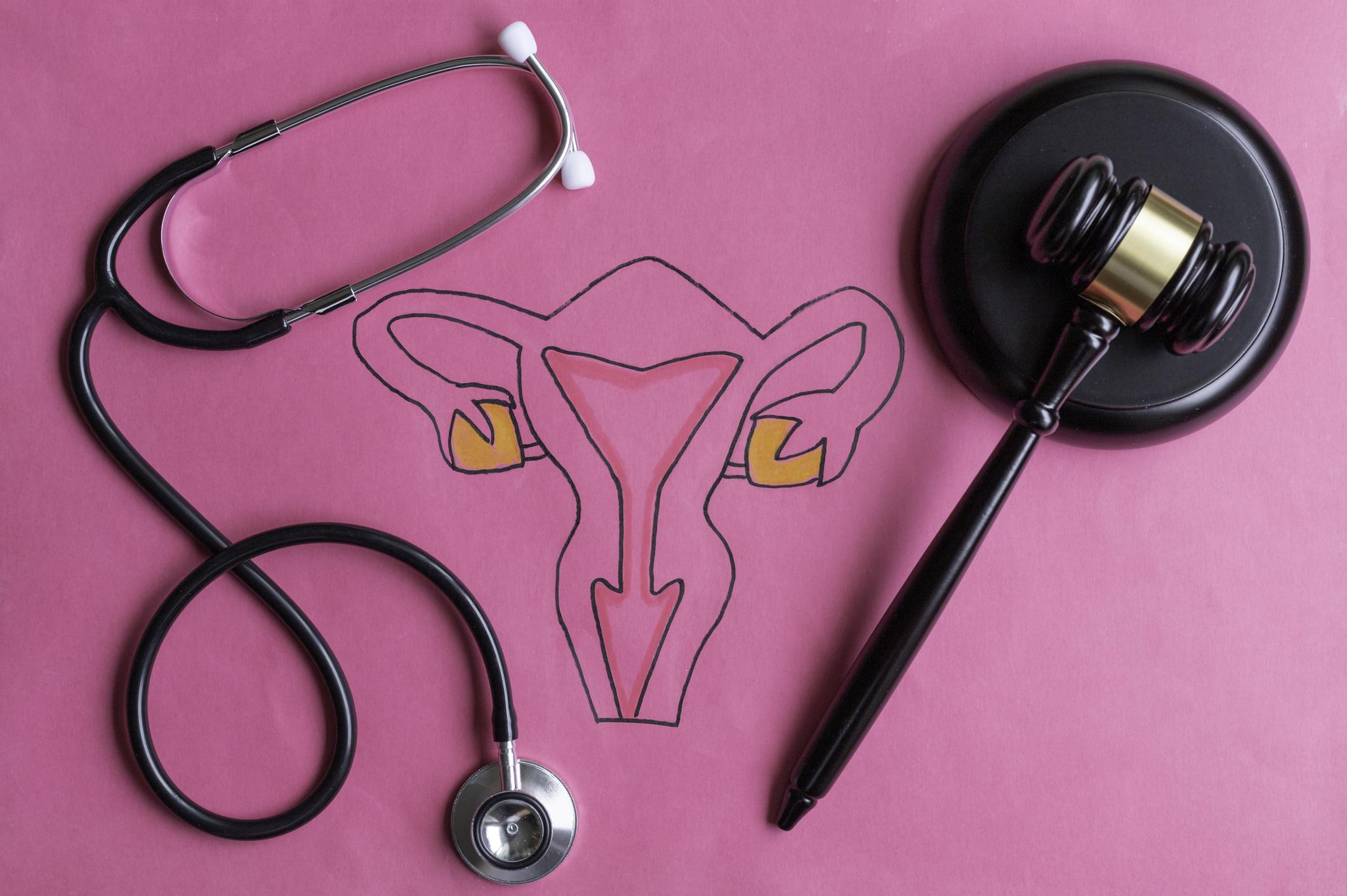Voluntary termination of pregnancy (abortion) has been enshrined in the constitution since March 4, 2024. But what is an abortion and how is it practiced?

- There are 2 methods of voluntary termination of pregnancy (abortion): medical or instrumental (surgical).
- The time limit for benefiting from an instrumental (surgical) abortion is 14 weeks of pregnancy (or 16 weeks of amenorrhea, i.e. 16 weeks after the last period).
- Medical abortion is authorized until the end of the 7th week of pregnancy, that is to say a maximum of 9 weeks after the last period.
Decriminalized and legally regulated since the law of January 17, 1975thanks to Simone Veil (under the presidency of Valéry Giscard d’Estaing), abortion (Voluntary Termination of Pregnancy) is now included in the constitution, a world first. Some explanations on this means of legally aborting.
Instrumental or medical abortion?
In France, all women, adults or minors, can benefit from an abortion, that is to say to have an abortion and therefore to stop a current pregnancy for personal reasons (it is a right).
There are 2 methods of abortion: instrumental or medical.
Instrumental, or surgical, abortion is performed in hospitals or health centers having an agreement with a health establishment, or in clinics. It is done by dilating the cervix and aspiration of its contents.
Medical abortion is carried out in a hospital or clinic, in a town office or in a health center. All you need to do is take oral tablets during a consultation or at home. These are 2 medications to be taken over 1 or 2 days. The first is mifepristone (or RU 486) which prepares the expulsion of the egg. And the second is misoprolol which is taken 24 or 48 hours after the 1ster and triggers the abortion (or expulsion of the egg), which will take place 2 to 4 hours later.
Delays vary depending on the method
Since 1975, the time limit for surgical abortion has changed considerably, going from 10 to 12 weeks of pregnancy in 2001, then since March 2022 (law n°2022-295) from 12 to 14 weeks of pregnancy. It is therefore possible to terminate the pregnancy at 14 weeks of pregnancy, i.e. 16 weeks of amenorrhea, that is to say 16 weeks after the last period (approximately 3 ½ months).
On the other hand, medical abortion cannot be performed so late. It is authorized until the end of the 7th week of pregnancy, that is to say a maximum of 9 weeks after the last period (approximately 2 months).
ua supervised and regulated procedure
But undergoing an abortion also means respecting obligatory steps.
The request for an abortion can be made to the health professional of one’s choice, doctor or midwife.
A first consultation is carried out in an office in town, in a family planning and education center (or sexual health center), or in a hospital or clinic.
This information consultation is also possible remotely (teleconsultation).
During this interview, the doctor listens to the requesting woman, answers her questions and explains the different abortion procedures. It provides information on the places where abortion is performed, indicates the risks and side effects. At the end of this consultation, the healthcare professional provides a medical certificate (to certify that the consultation took place) and a guide file containing all the information.
It also suggests doing a psychosocial interview with a marriage and family counselor in an approved establishment. The psychosocial interview is only mandatory if the person is under 18 years old.
If the health professional consulted does not perform the abortion himself, he must communicate the name of another health professional, doctor or midwife, or a structure which performs the abortion.
No parental authorization for minors
Once all the information has been received, if the decision is made to perform an abortion, the next step is to provide the doctor or midwife with written consent to request an abortion. The writing of this document by the person who is going to undergo this abortion confirms their choice.
There is no mandatory reflection period (since 2022 for minors and since 2016 for adults) to give this consent. But reflection is possible and even advisable, if time allows.
Concerning minors, parental authorization was initially compulsory, but it was completely abolished in 2001. However, they must be accompanied by an adult of their choice (family member, friend, etc.).
Please note that procedures relating to abortion are entirely covered by Health Insurance and without advance costs.















